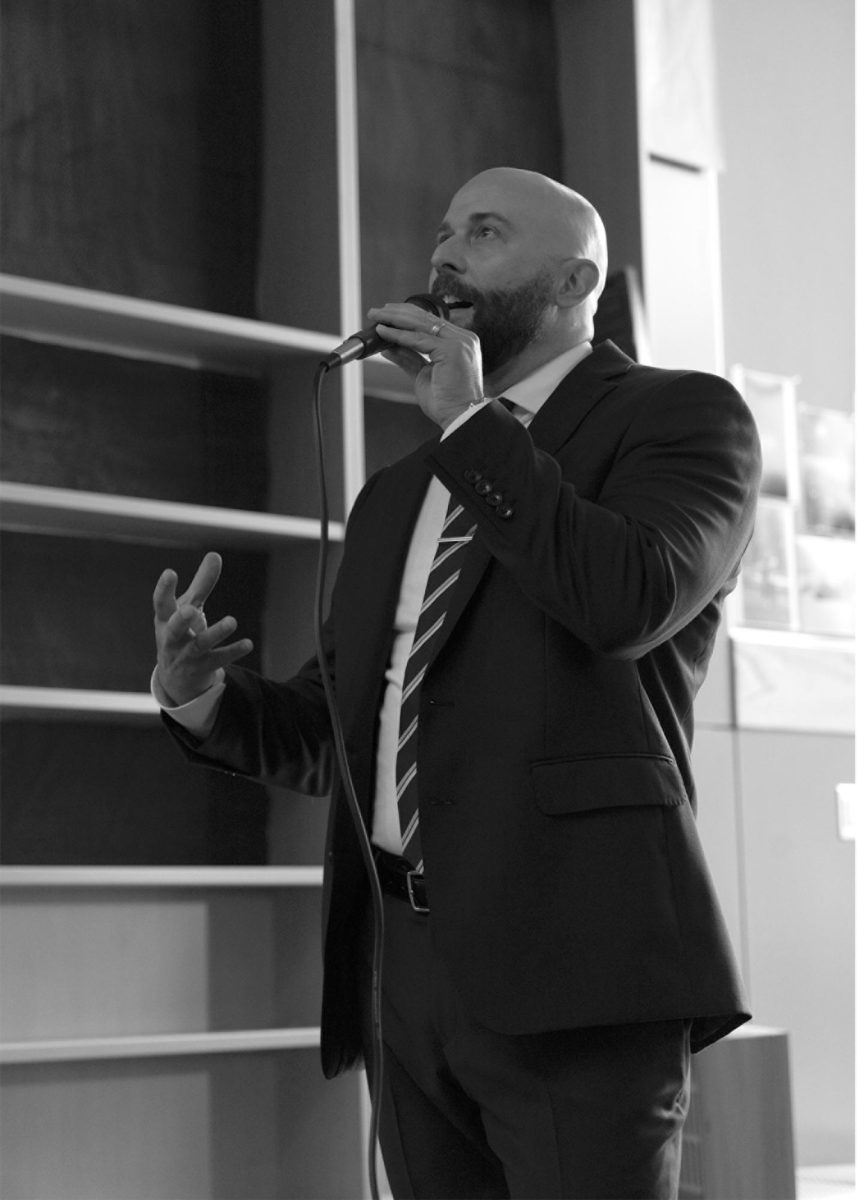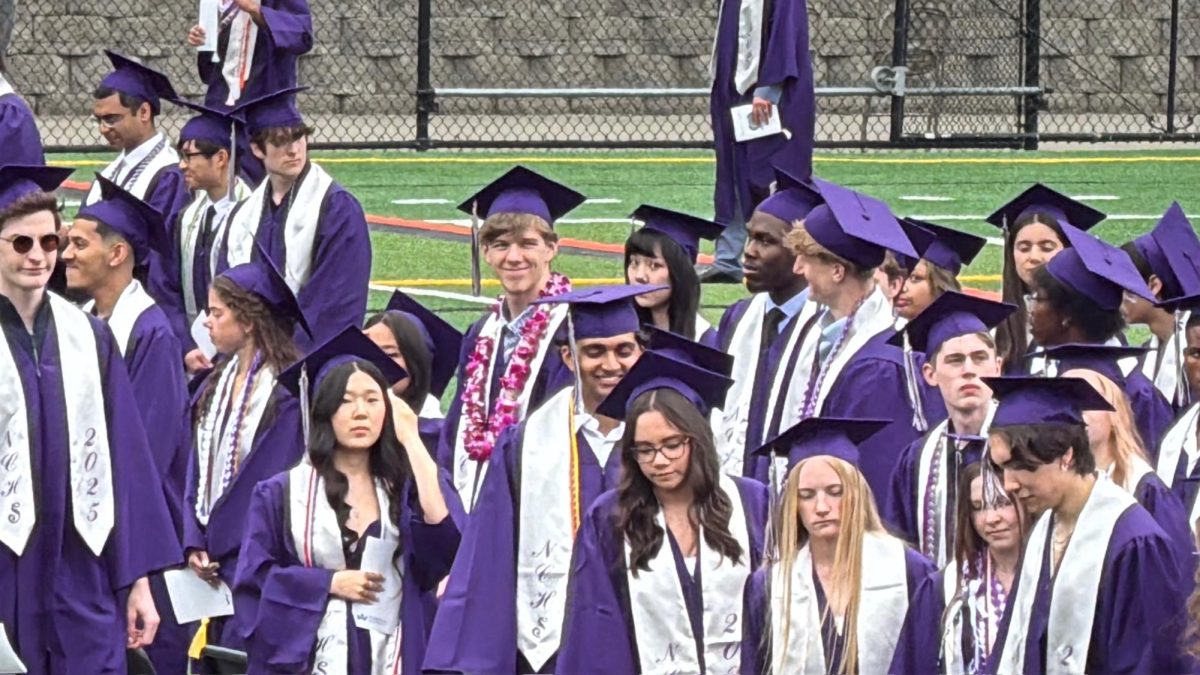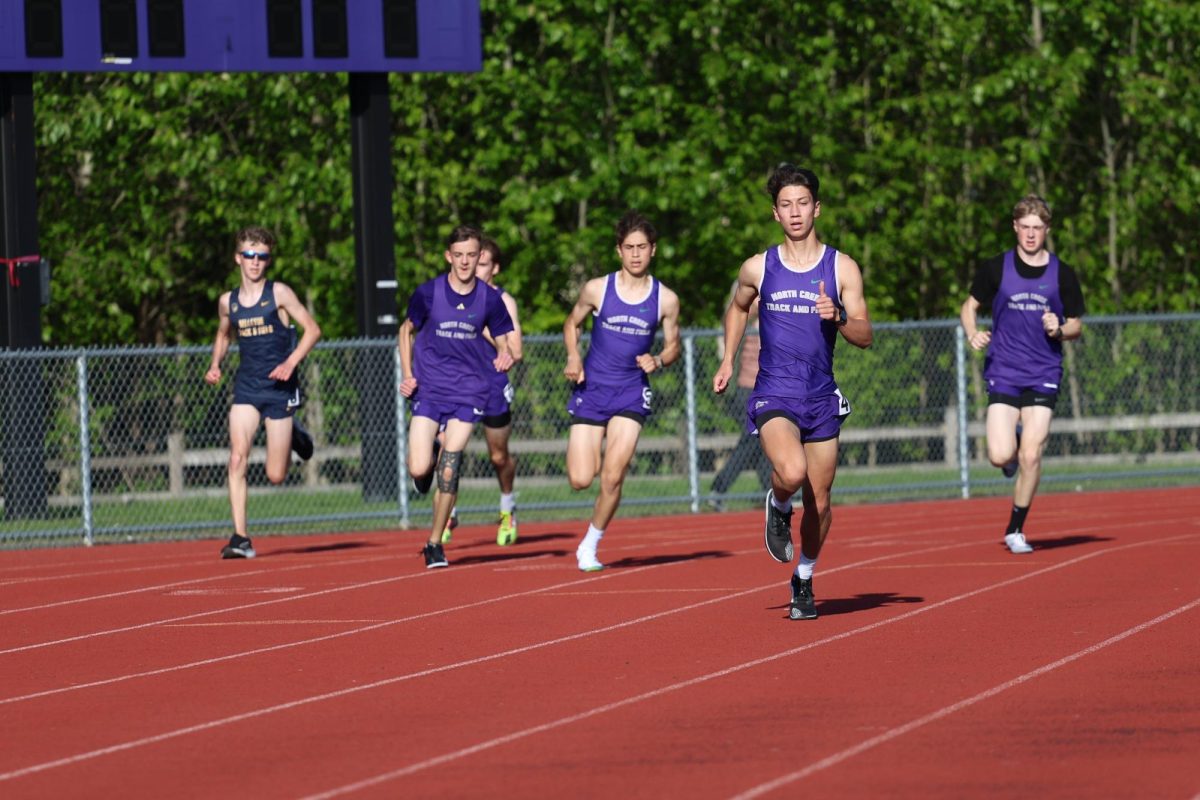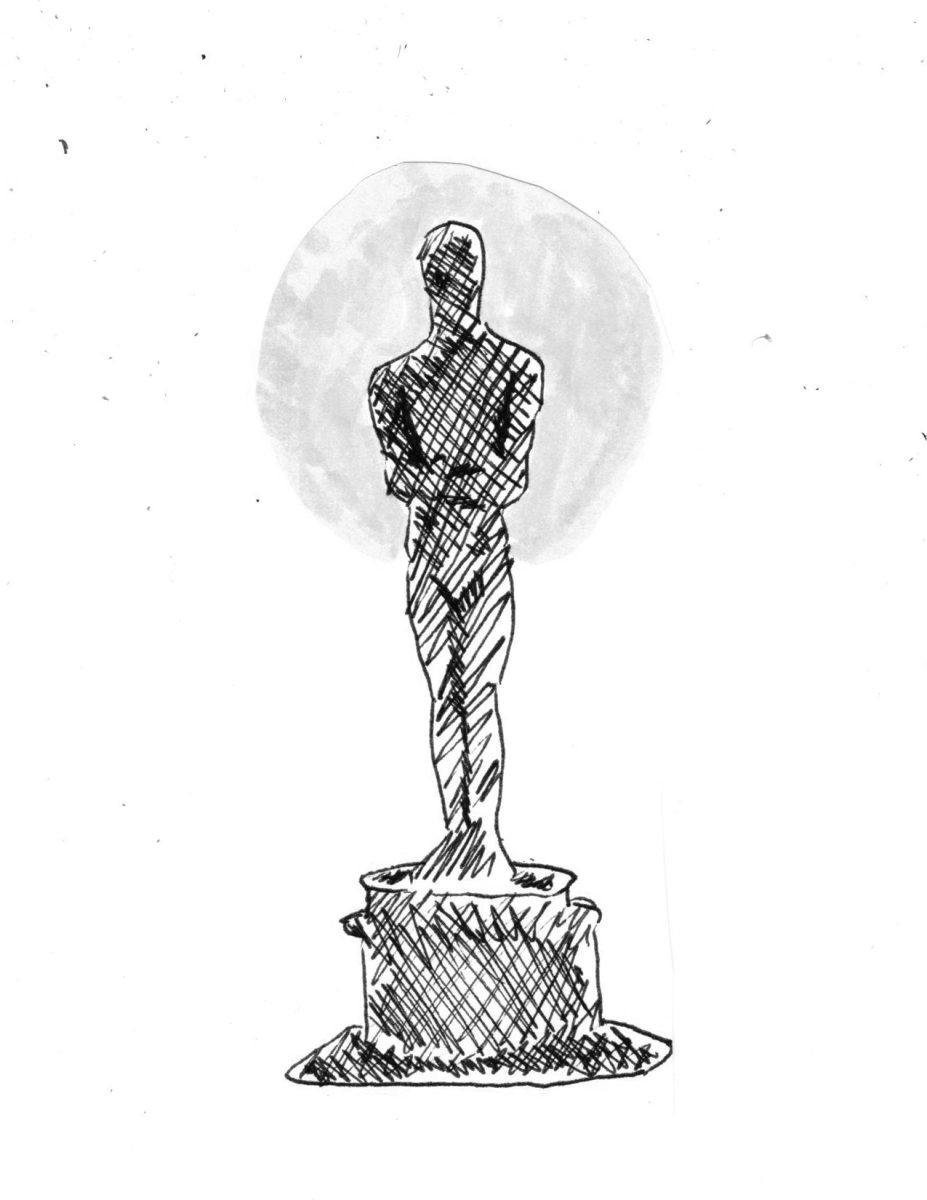Many big-time athletes have reporters asking questions after a big win or a tough loss, constantly being posted on social media for voicing an opinion after a game or the end of a season. Some decide to stay quiet in order to not cause tension for themselves or their team. Do student athletes do the same? Do they stay quiet about their opinions or do they speak out? Is there a right time to voice an opinion, and what can or can’t they say without it being controversial? Athletes of all ages struggle with what and what not to say.
After an unfortunate loss against the Texas Rangers, the Seattle Mariners were eliminated from making the postseason. The press went to interview some of the players after the game, with only one player speaking for less than a minute and then leaving soon after. “We have to commit to going and getting those players. You see other teams going out, going for it, getting big time pitchers, (getting) big time hitters,” said Cal Raleigh, a star catcher for the Seattle Mariners. Controversy spread after Raleigh told the press about his thoughts on the Mariners being eliminated from postseason contention.
The next morning, Raleigh apologized to his teammates and coaches for the comments he had made, despite only having voiced his opinion. So, was Raleigh forced to apologize for speaking his mind? This is a theory, however there is not enough evidence to support it. I personally don’t think it was necessary for him to apologize, as everything he said that day wasn’t directed at anyone. Most of the time, I feel that athletes will only listen to people who hold power over them just in case they do something that has an effect on the game.
Student athletes at North Creek High School (“NCHS”) most likely have opinions that never get shared. If they do, it could lead to the player being benched or some other consequence. I spoke with several student athletes at NCHS, who will all remain anonymous. “He could make me not be able to play because I tried to take the leadership position,” One anonymous student athlete said, referring to their coach. Speaking out in a leadership position could lead to consequences. Many student athletes don’t want to speak out because their coach has authority over them, essentially meaning that they have power over any decisions made.
Players were asked if they thought it was important for those in leadership positions to share an opinion, the general consensus was yes. “It is important for the growth of the team and the well-being of people on the team,” said an anonymous athlete. It is important to take leadership roles and athletes shouldn’t be scared to share an opinion for fear not being able to play a game.
“Depending on the topic, no,” said another athlete, talking about sharing opinions on the team. “I could get benched”. Athletes shouldn’t have to fear that if they say something they could get benched for a game. They should be able to share their voice if it’s not causing harm to others.
However, there is a line to be crossed. DK Metcalf, a star wide receiver for the Seattle Seahawks was interviewed about all of the penalties he’s been getting this season. “I don’t feel like I was a problem or I needed to make progress in a certain area. Football is a violent sport, and it’s my one opportunity to be violent, on game day. So I’m just going to continue to do that,” said Metcalf.
There is a difference between voicing an opinion for the good of the team, versus voicing an opinion that is harmful. In this instance, I feel that Metcalf isn’t doing any good for the team. He was just thinking about himself in the situation, and he should have said nothing rather than make it seem like all of those penalties weren’t his fault.
Depending on what the opinion is, athletes should be able to share it without being afraid. The issue is mainly with negative opinions directed at someone or multiple people, or misinformation. All athletes deserve to be heard.









